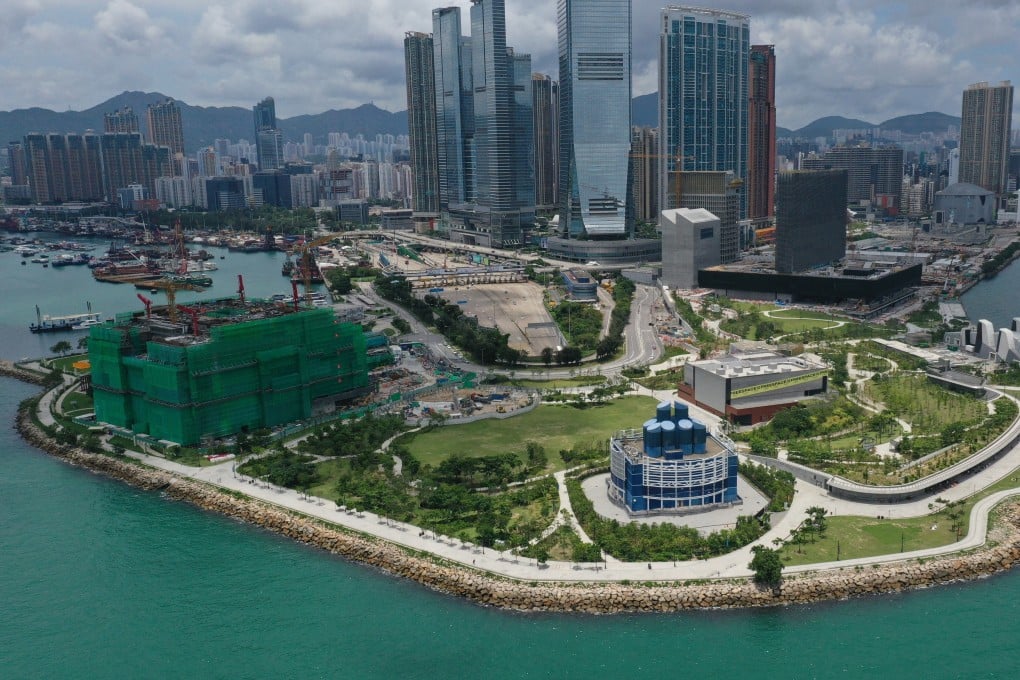Bleeding billions, Hong Kong arts hub axes CEO, searches for new chief to steer project hit by delays, cost overruns
- Bitter early exit of CEO exposes rifts over handling of financial issues, changes, delays
- Covid-19 raises questions about funding, viability of huge world-class cultural district

Last week’s acrimonious shake-up at Hong Kong’s controversial arts hub exposed a bitter row between the management and its governing board, raising new questions about the future of a 22-year-old project grappling with cost overruns and delays.
Duncan Pescod, 61, a former Hong Kong civil servant who became CEO of the West Kowloon Cultural District Authority five years ago, said he was being forced to step down at the end of November, nine months before his HK$5 million-a-year term expires, without being told why.
Board members have retaliated, criticising his leadership in public and in private.
In a radio interview on October 1, board member and pro-establishment politician Chris Ip Ngo-tung aired a long list of grievances, saying Pescod lacked financial discipline, among other failings, and the CEO took a cavalier approach to major changes in projects.

Elaborating, Ip told the Post that Pescod’s team failed to account for major crises, such as flooding and the appearance of a giant sinkhole at a construction site last year, and planned the allocation of resources poorly.
“The biggest problem is that the mutual trust between board members and him is no longer there,” he said.